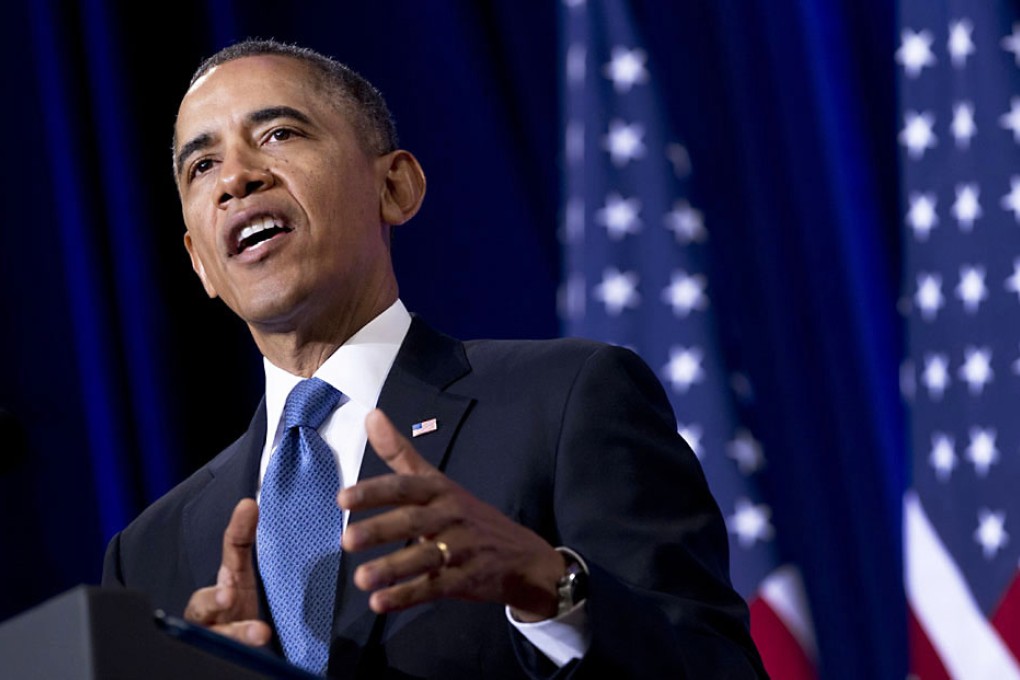Obama's reforms of the NSA need to go further
The US' spying machine is large and cumbersome, involving 16 government agencies, more than 100,000 employees and a budget exceeding US$50 billion.

The US' spying machine is large and cumbersome, involving 16 government agencies, more than 100,000 employees and a budget exceeding US$50 billion. With so much infrastructure and investment, reforms announced last week by President Barack Obama to deal with the fallout of whistle-blower Edward Snowden's revelations about secret service programmes were never going to fully satisfy critics. Positive steps were outlined and necessary measures promised to better safeguard privacy while protecting America and its interests, but much more needs to be done. Given what was left unsaid and the challenges ahead, his announcement was about setting a process in motion rather than correcting practices.
Obama was responding to the recommendations of a committee he set up in the wake of the outcry over the vast array of intrusive surveillance programmes revealed since June by Snowden, a former National Security Agency contractor. Especially worrying was that millions of phone records were being collected and stored and foreign officials and companies had been spied on. The panel had made strong recommendations: that the agency be led by a civilian; that it focus on foreign intelligence; and that it be divorced from the military's cybercommand. Obama largely ignored the suggestions in announcing curbs on the NSA that left in place the basic structure of the intelligence-gathering apparatus.
Of the reforms, the most important is that officials would have to get court approval to look into a particular phone or internet record. Data would be transferred out of government hands. Some protection for American citizens would be extended to foreigners. Obama's advisers and members of Congress have two months to come up with a viable plan.
The speed of the response is impressive. In a mere seven months, lawmakers pressured for change, Obama sought a review, a committee made recommendations and new rules were unveiled. The changes are significant but do not address the central most bothersome issue of whether the government should be allowed to collect and store citizens' private data.
There is always the possibility of abuse when governments order the mass storage of private information. Obama has shown no inclination to dismantle such a system. Protecting a nation and its people against terrorism and threats is important, but so, too, is safeguarding citizens' rights. An effort to correct wrongdoing has begun, but far more is needed.